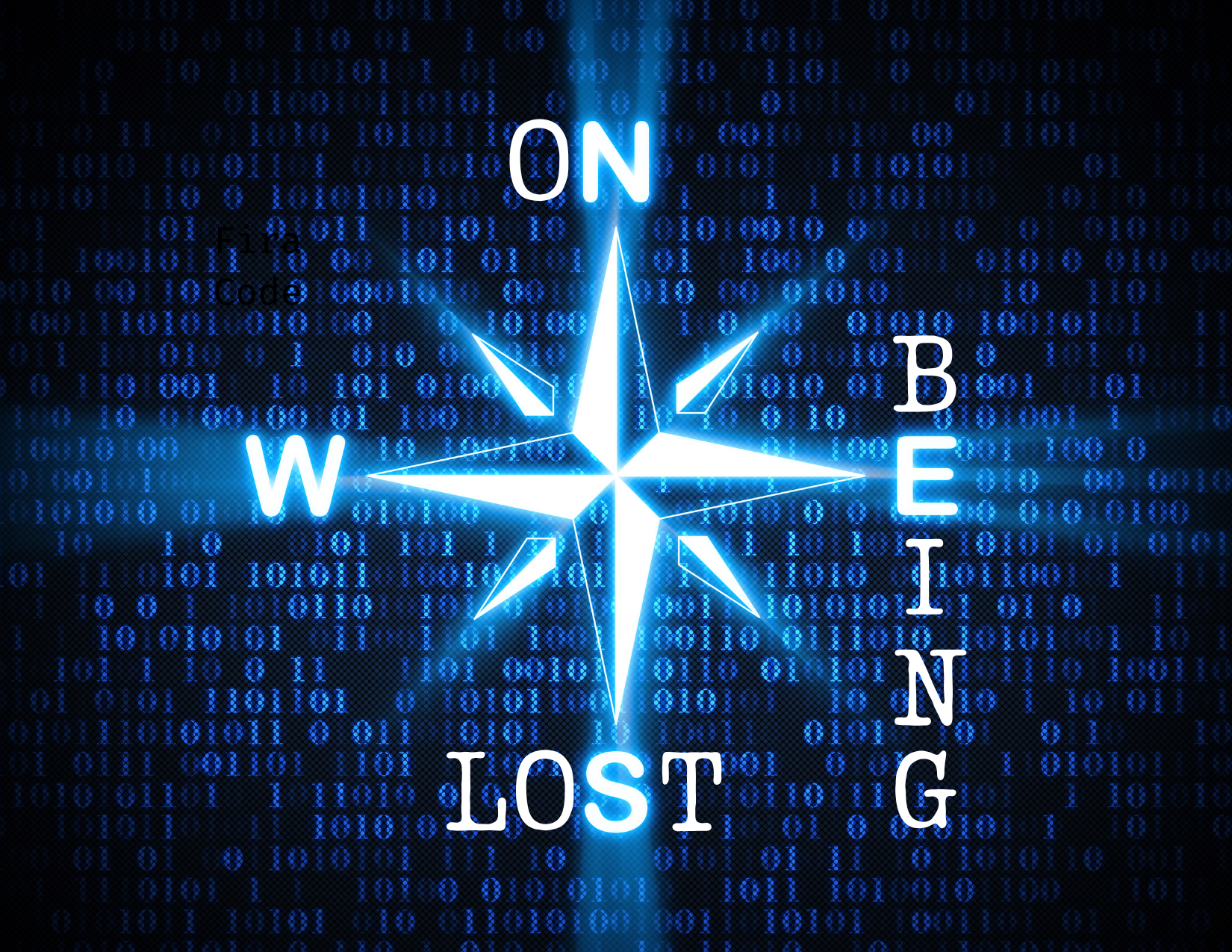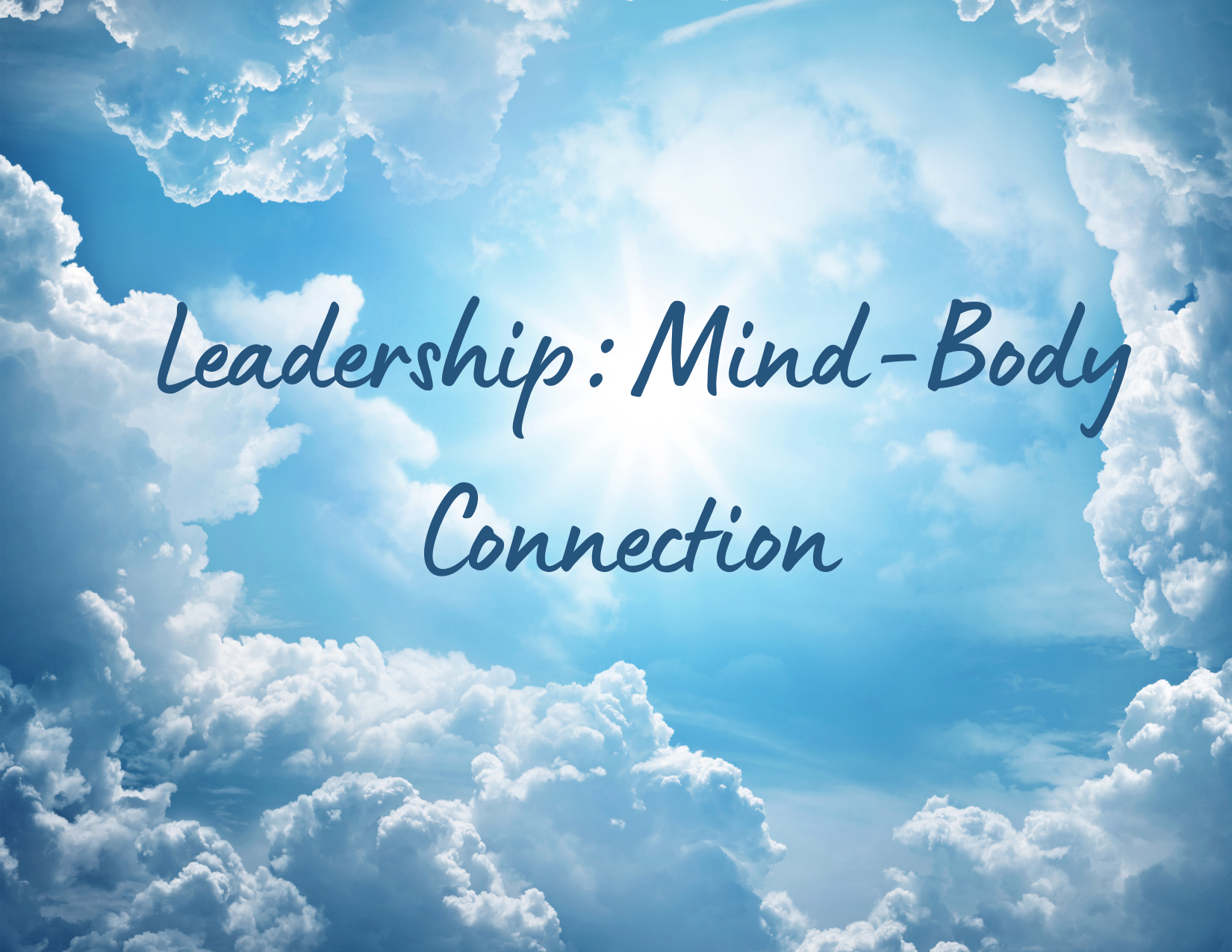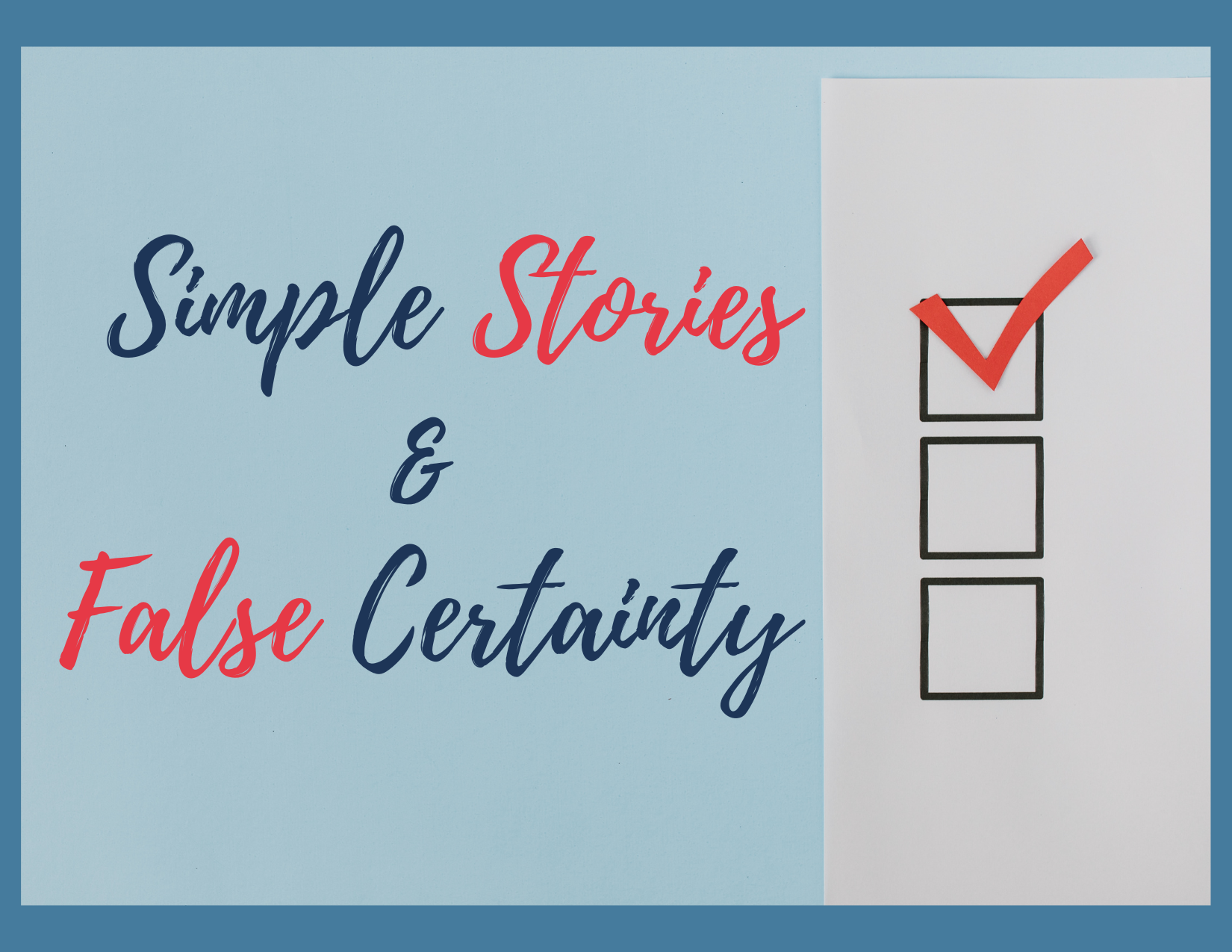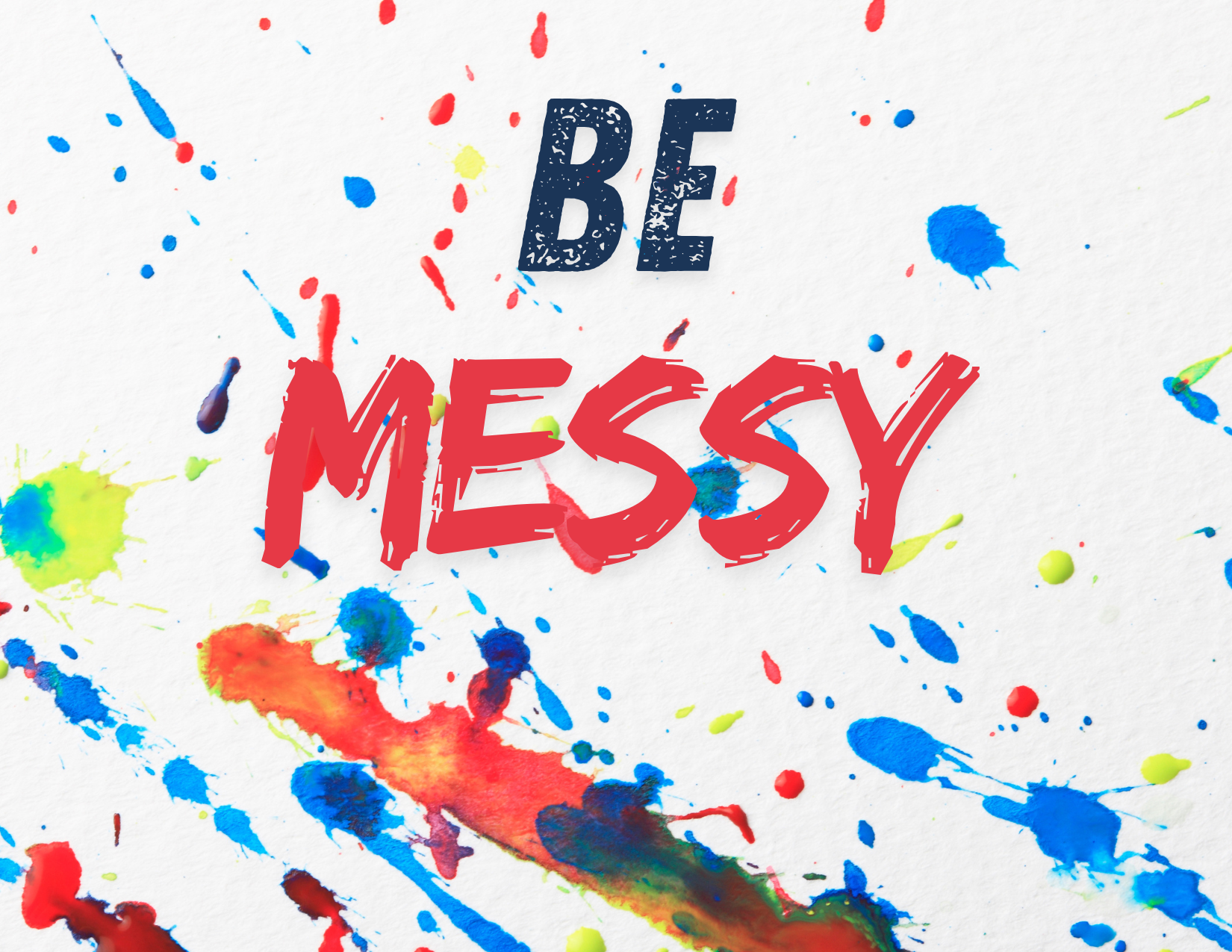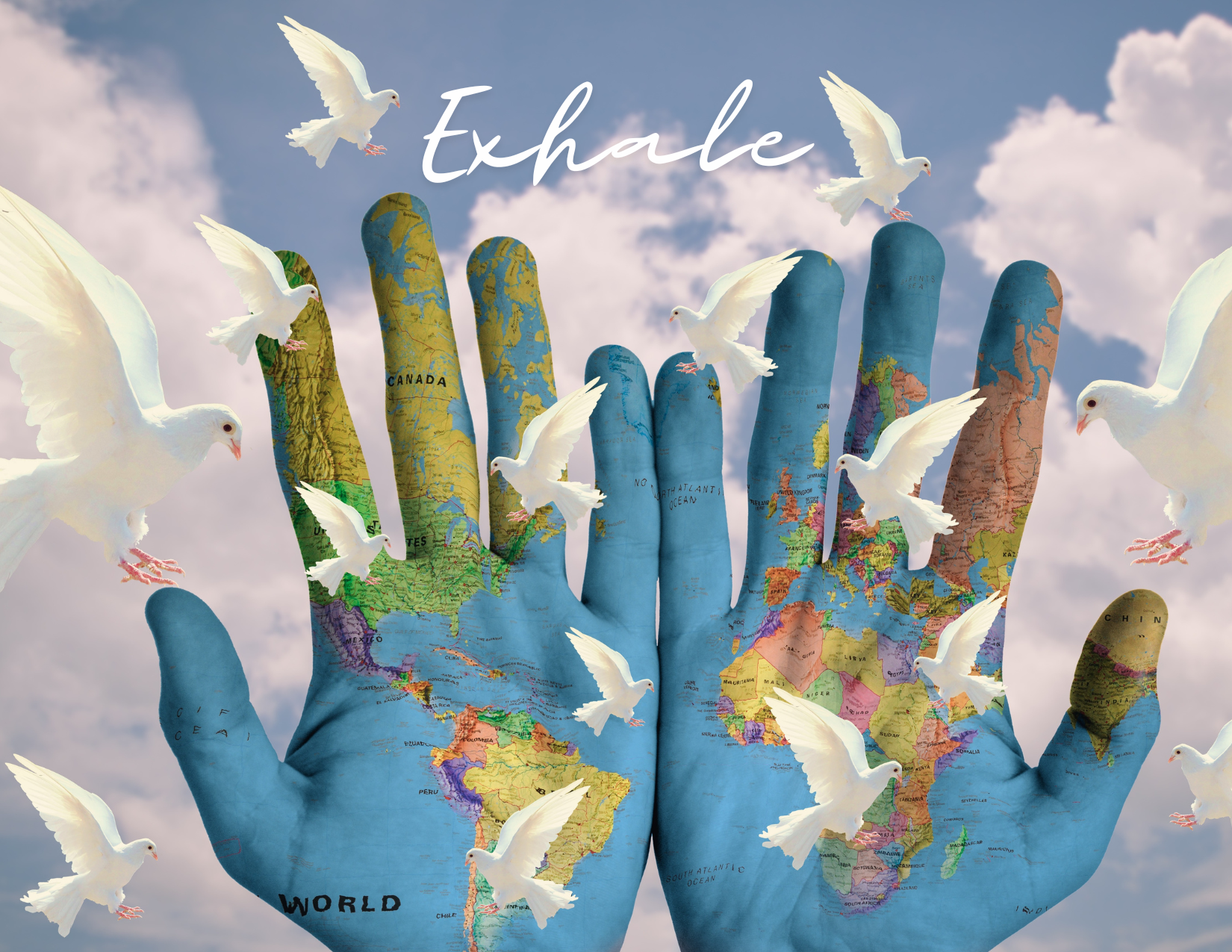Many of us struggle with language and the use or perceived misuse of words. In recent years, our word choices in certain areas have come to communicate much more than the plain meaning of a word. Words like diversity, privilege, and ally have taken on meanings based on the cultural and social context of the moment. While it does seem that phrases and words have become increasingly politicized and polarized, language can signal our group status and thus impact our feeling of belonging or the lack thereof.
In the workplace, the language organizational leaders use is an important measure by which employees gauge whether they belong. How does the language we use create a work culture that is equitable for all, where diversity is valued, and where all employees feel included in the “we” that makes up an organization? And just as importantly, how can we ensure that language is not mere virtue signaling behind which the same systems of oppression and exclusion survive unchecked?
Language, emotion, and impact.
Our experiences shape us as individuals, as does our language, and our approaches to conversations might differ. However, our language is essential for creating safe and inclusive spaces where conversation, understanding, and solution-building can take root.
The psychological constructionist model describes the processes in which language plays a role in emotion. It suggests that language and emotion are intrinsically connected because we use words to explain and give meaning to our emotions. Positive or negative emotions can become attached to the words that we use. Just saying “anger” or “happiness” offers you a sense of the emotional feeling connected to those words. The level of your intensity of feeling these emotions or lack thereof could be based on the tapestry of your life, the way you experienced these words as a child, the information you have consumed over your lifetime, the association you have with these words, or even how others have directed these words toward you.
All of this is to say that there is an emotional tie to words and their impact—and one word can provoke very different emotions in you and me. What is important to note is that the intended effect is not always aligned with the impact felt. We have all experienced the way words can exclude us, make us feel lesser, and make our hearts hurt. As a result, we must lean into our greatest gifts as humans, our ability to empathize, taking risks to share (and listen) to the impact language has, and create brave spaces where conversation and understanding can take root.
Diversity and privilege.
Diversity. Since the killing of George Floyd in May 2020, the word diversity has seen an uptick in use on social media, in organizations, companies, and in everyday conversations. As a result, diversity, equity, and inclusion efforts and the hiring of chief diversity officers in the workplace have been on a swift increase.
Anytime a word becomes popular, it risks losing some of its original meaning and even being co-opted in ways that fundamentally alter its utility. In a 2020 article titled “Has Diversity Become A Dirty Word?” Janice Gassam Asare states, “In the workplace, diversity is often associated with terms like unconscious bias, discrimination, racism, and prejudice.” These associations, of course, are unrelated to the plain meaning of diversity; Merriam-Webster defines diversity as “differing from one another, unlike.” As pointed out by David Dante Troutt in the article “Stop Calling Me ‘Diverse,'” being diverse does not mean being black or non-white.
In the book “On Being Included: Racism and Diversity in Institutional Life,” Sara Ahmed, in her exploration of diversity work in institutions of higher education, observes that it is easy for words to become popular and lose their meaning, and words should be put into the correct context. As such, we should all be careful to use the word diversity for its original meaning – to describe a group of people, objects, or ideas that differ.
Privilege. Being labeled as privileged or less privileged is a nonstarter to what could be an otherwise engaging conversation. In the article “Why Conversations About Privilege Fall Flat, and How to Fix It,” Joy VerPlanck, Michaela Simpson, and Janet Stovall outline from a psychological perspective three scientific reasons why using the word privilege can generate a negative response. They posit that research shows people who are labeled as being privileged exaggerate their hardships in defense of how they feel they are being perceived; the word can produce a threat response in the brain and put a conversation into fight or flight mode; and that the manner in which the word privilege is viewed creates inequality as a fixed state that cannot be altered.
A suggestion is substituting the word advantage in place of privilege to open up a conversation that allows for a growth mindset where sociometric status can be put into a context based on that person’s lived experience. Advantages can be earned or not earned and still get to the heart of privilege.
A framework for thinking about the words we choose.
Consider what you have been given – and what might be required. As Spider-Man says, “with great power comes great responsibility,” the idea of evaluating our responsibility in light of our advantages in life is powerful. So, what does that mean? It means that if you benefit from advantages – because of your gender, your race, your socioeconomic background, your physical appearance, or any number of other things, simply pausing to reflect on the fact that you benefit from advantages that others do not benefit from can be a helpful orientation.
Think about your word choices. The discipline of being thoughtful about words is one way to recognize what we all might be missing. It takes practice. You may need to research what terms make colleagues with identities different from yours feel welcome. For example, you may want to take a few more minutes to check your prose for problematic words or phrases when writing an email. Here are two resources about inclusive language that you can use as points of reference: the American Psychological Association’s Inclusive Language Guidelines and the Radical Copyeditor.
Creating comfortable spaces for conversation.
There is work we can do by ourselves and work we can all do together:
1. Talk about the “rules of engagement” in any conversation, regardless of whether you think the topic is uncomfortable or not. You are responsible for always setting the tone and not making assumptions about how engaged an individual, team, or group wants to be in a conversation.
2. Recognize your advantages as an individual, manager, or leader.
3. Understand that there is a power dynamic in every setting, which will impact and affect open dialog, sharing, and communication.
4. Challenge your personal biases; no one is immune from conscious and unconscious bias.
5. Permit yourself to be vulnerable and to make mistakes. Be graceful and acknowledge your mistakes when you make them.
6. Invite feedback, we can have the best intentions, but if the impact of our words doesn’t create a more equitable and inclusive space, then our intent doesn’t help much. The only way to find out if there is a gap between our intent and impact is to invite feedback. This video from Kim Scott and Trier Bryant is an incredibly simple and effective practice you can consider.
7. Trust is earned, not forced or built in a day. Be committed for the long haul. If you are not, your colleagues, employees, and team members will recognize that you are not fully engaged.
Sometimes we dance around what we mean because we are afraid to make a mistake in our use of language. Always be respectful and be open to being uncomfortable. We can learn, grow, and develop together. Discomfort is a commonality that we all share.
Written by: Boi Carpenter and Amy Wilson


